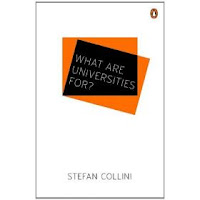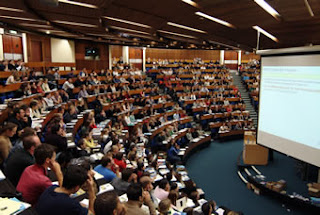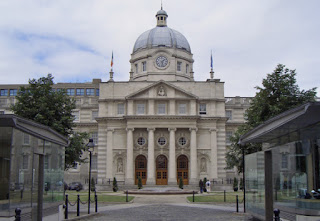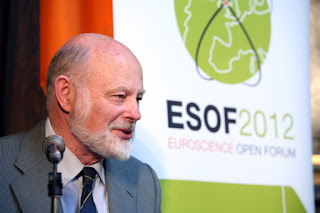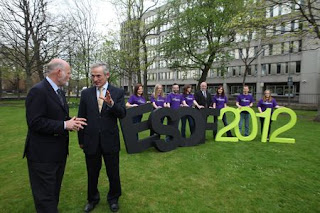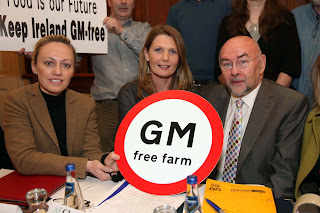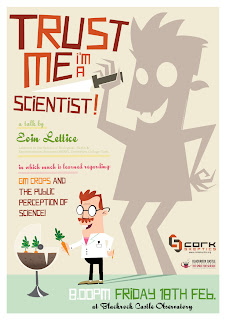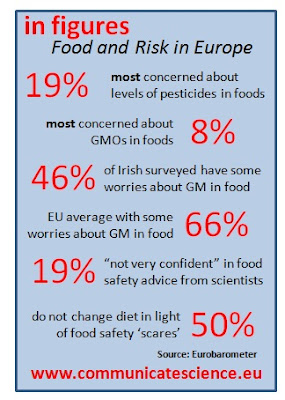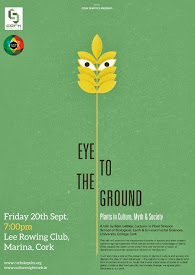Defining the University
Lettice (presumably some distant forebear of yours truly) was Vicar of Peasmarsh in Sussex and formerly a fellow of Sidney-Sussex College at the University.
The sermon, entitled 'The present state of Discipline, Manners and Learning in our Universities', starts on a pessimistic, or perhaps realistic, note reminding us that all institutions, no matter how well intentioned, are subject to 'disorder':
"Even those institutions, which are farthest removed from the world and its contagious influence; institutions established for the cultivation of wisdom and science, and placed under the more peculiar guardianship of reason and religion, are destined, in some measure, to experience those corruptions, from which nothing sublunary is exempted".
That disorder is something that Stefan Collini writes about in his latest book 'What are Universities for?' It's a book that's well worth a read if you're interested in higher education and the role of universities in society.
The key question of what universities are for has been answered in some shape or form by many commentators before. Lettice, for his part, contributes:
"They are, be it spoken with the reverence they claim, nothing less than storehouses of the collected wisdom of the ages, the depositories of those great first principles in religion, in morals, in legislation, in philosophy"..."they are the sources, from whence flow all the sounder principles, that actuate and guide the mighty machine of national government, and subject the passions of men to the general order of dominion."
Noble motives indeed!
Collini does an excellent job of giving us an updated impression of the role of higher education in society but also reminds us of some more cynical views of what a university is, including Robert Maynard Hutchins' line that a university is 'a series of schools and departments held together by a central heating system'.
'What are Universities for?' is divided into two parts, part one being more successful than the second half of the book.
The first part deals with the current function of universities in Britain, although it is more widely applicable, and offers an excellent discussion of the place of humanities in higher education as well as an update, of sorts, to the seminal 'The Idea of a University' by John Henry Newman.
As part of a history of higher education in Britain, Collini is highly critical of the "all-devouring audit culture" that has "so signally contributed to making universities less efficient places in which to think and teach".
Of course, this audit culture hinges on the perceived importance of ensuring that public funds are not being wasted by being spent on teaching subjects which are not deemed (by who?) to be economically essential or important. As Collini puts it: "This all too easily translates into the economic philistinism of insisting that the activities carried out in universities need to be justified, perhaps can only be justified, by demonstrating their contribution to the economy."
The author rightly points out that society has never, and should never, educate its young people purely as an economic necessity. "It educates them", according to Collini "in order that they should extend and deepen their understanding of themselves and the world, acquiring, in the course of this form of growing up, kinds of knowledge and skill which will be useful in their eventual employment, but which will no more be the sum of their education than that employment will be the sum of their lives".
Perhaps due to the author dwelling on changes in the politics of education in Britain in the second part of the book, it was generally less successful to my mind. Despite that, a section where Collini recounts a typical week-in-the-life of a university lecturer is particularly enlightening (and amusing), especially in light of recent ill-informed commentary regarding the work ethic of university professors (more on this).
Collini correctly points out that the world of academia is often "sustained by what is essentially voluntary labour" and that continuing this relentless need to repeatedly audit higher education institutions runs the risk of liquidating this store of good will. After all, if it can't be audited, why should we do it?
What are Universities for? by Stefan Collini is published by Penguin


